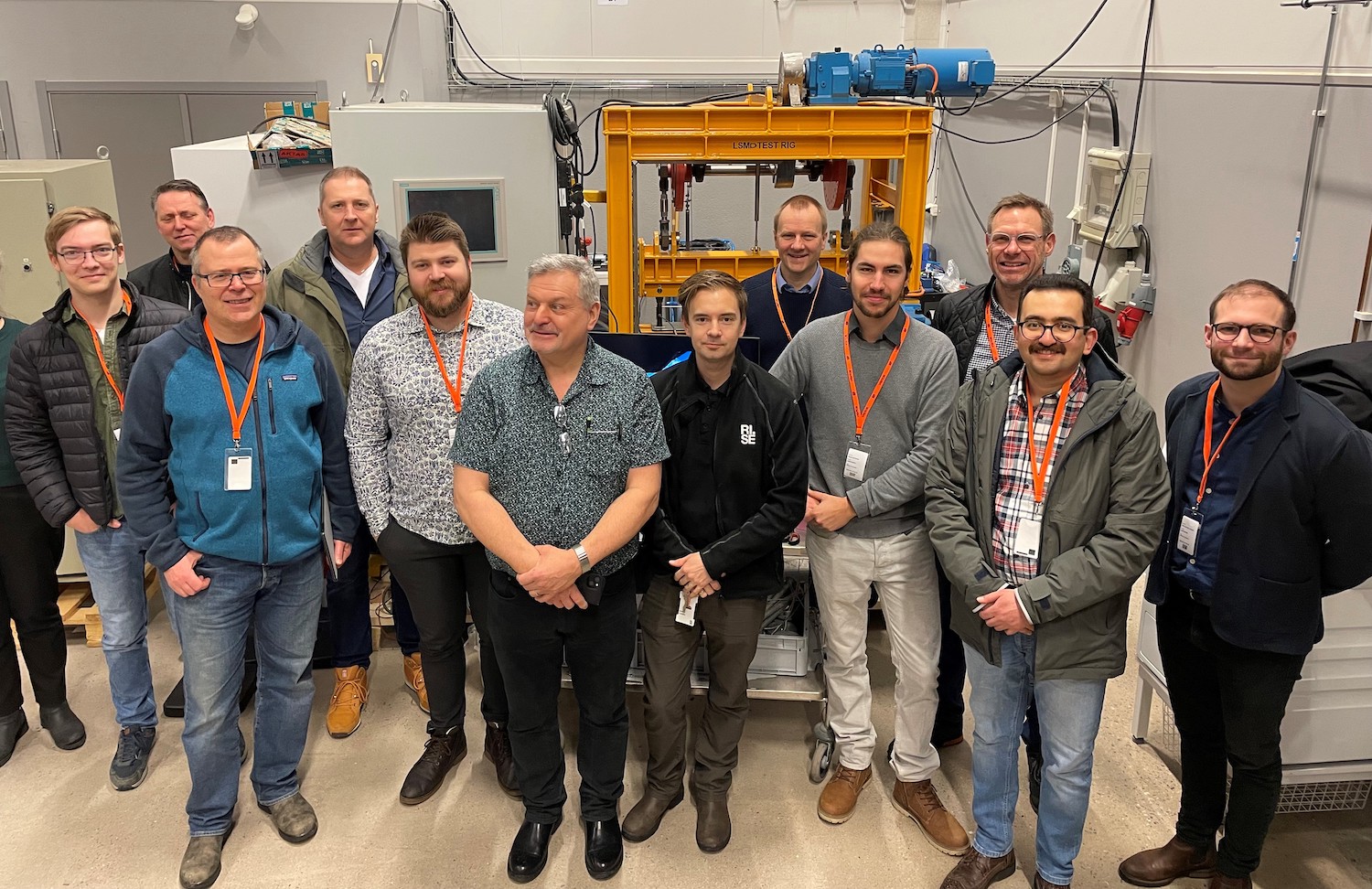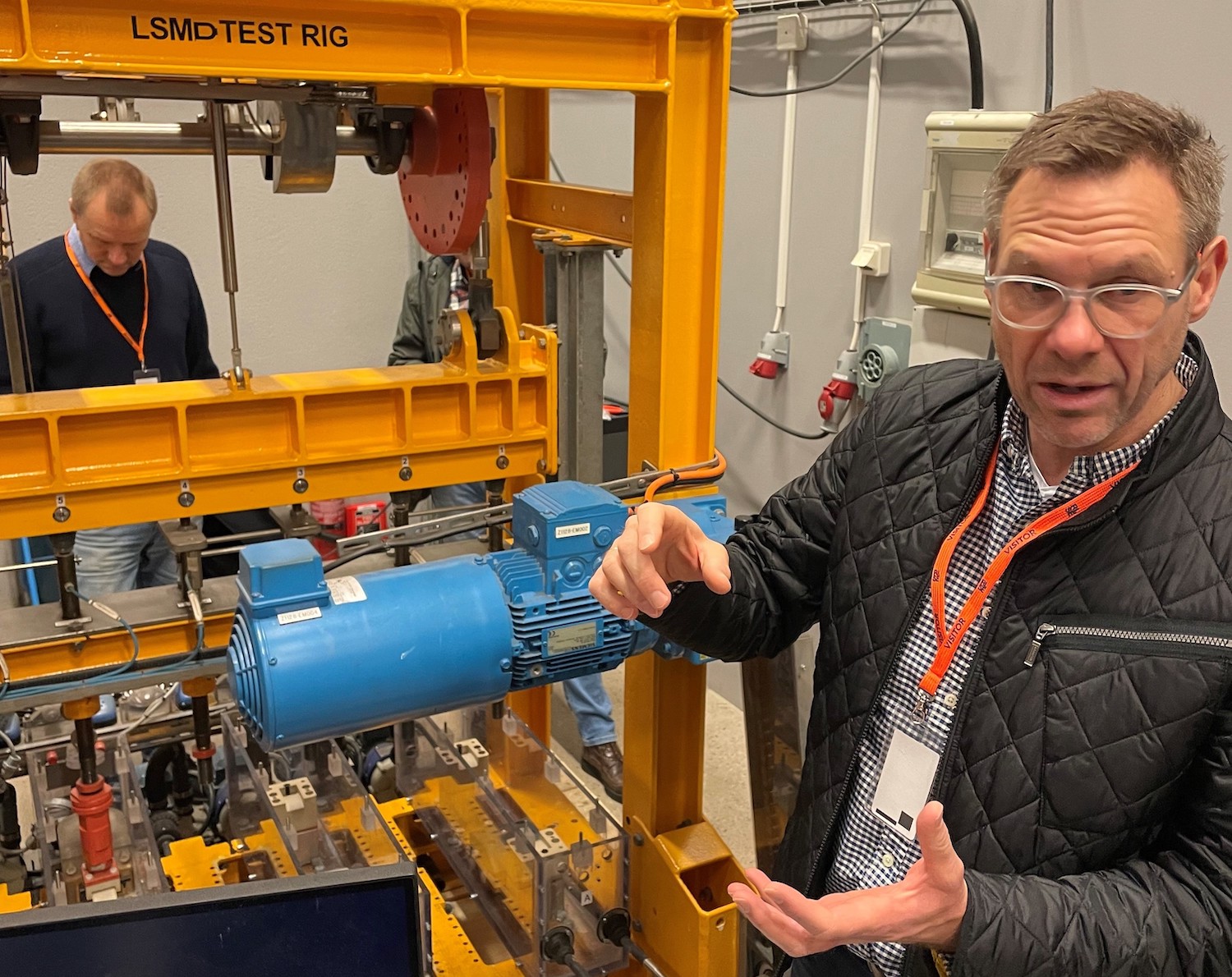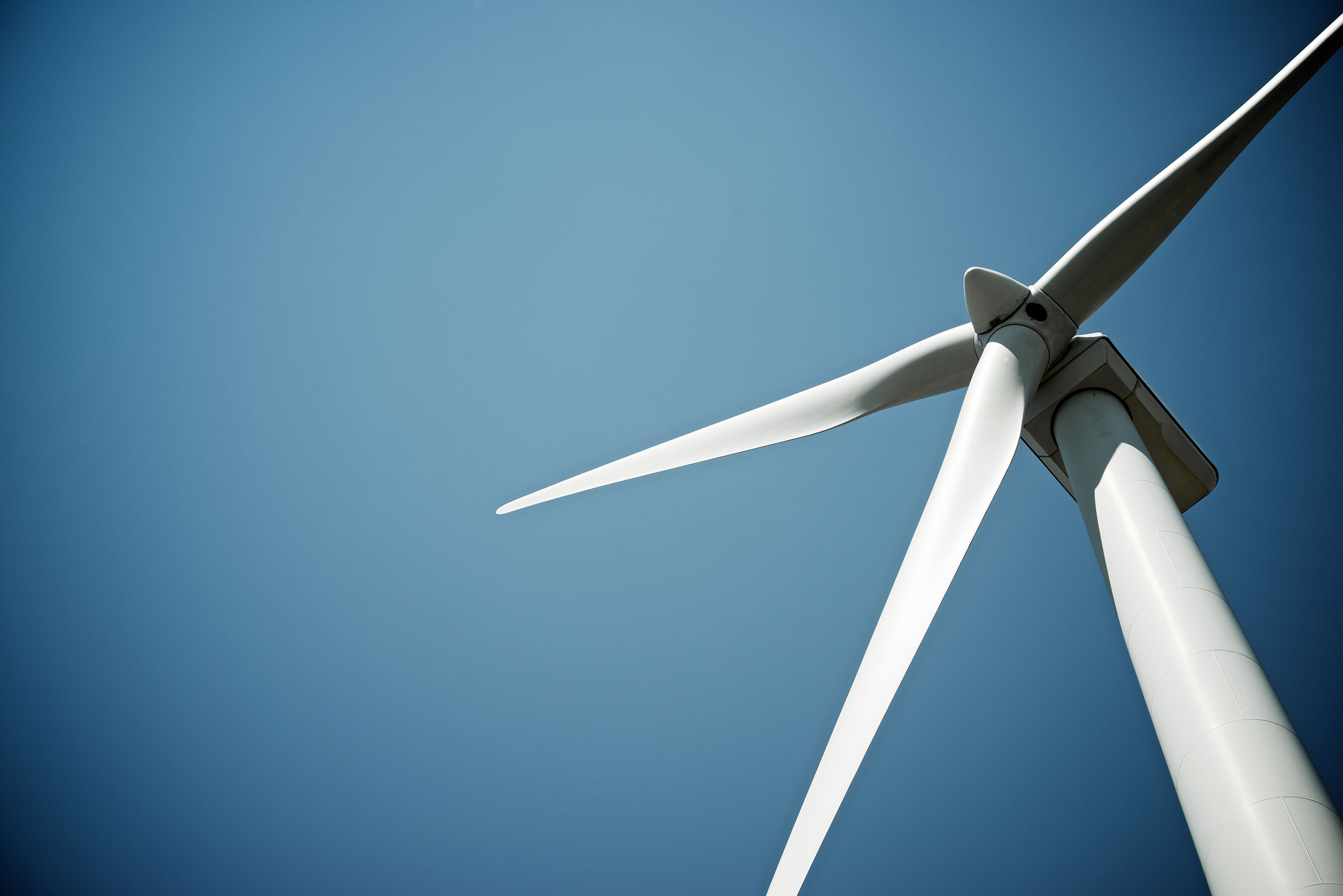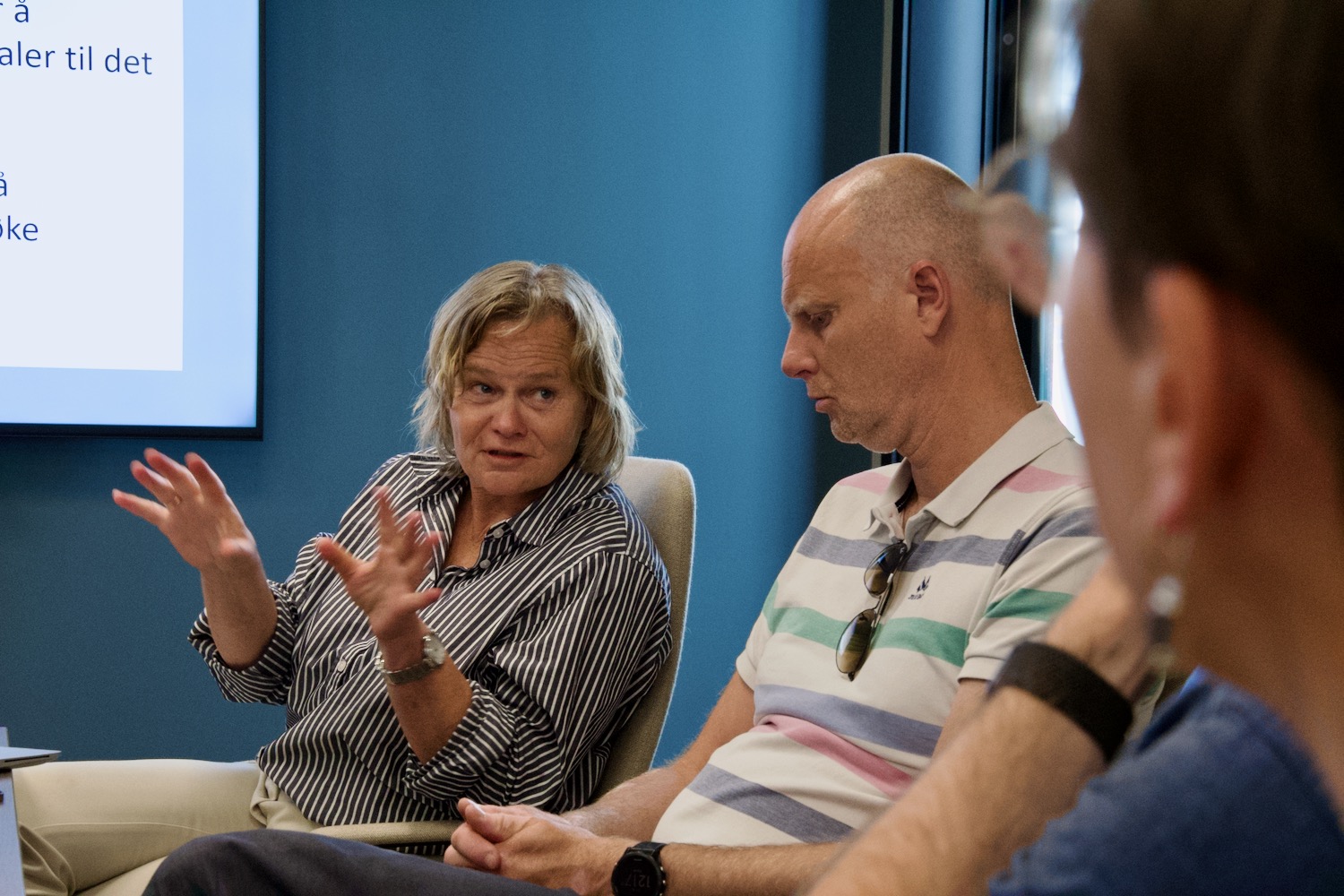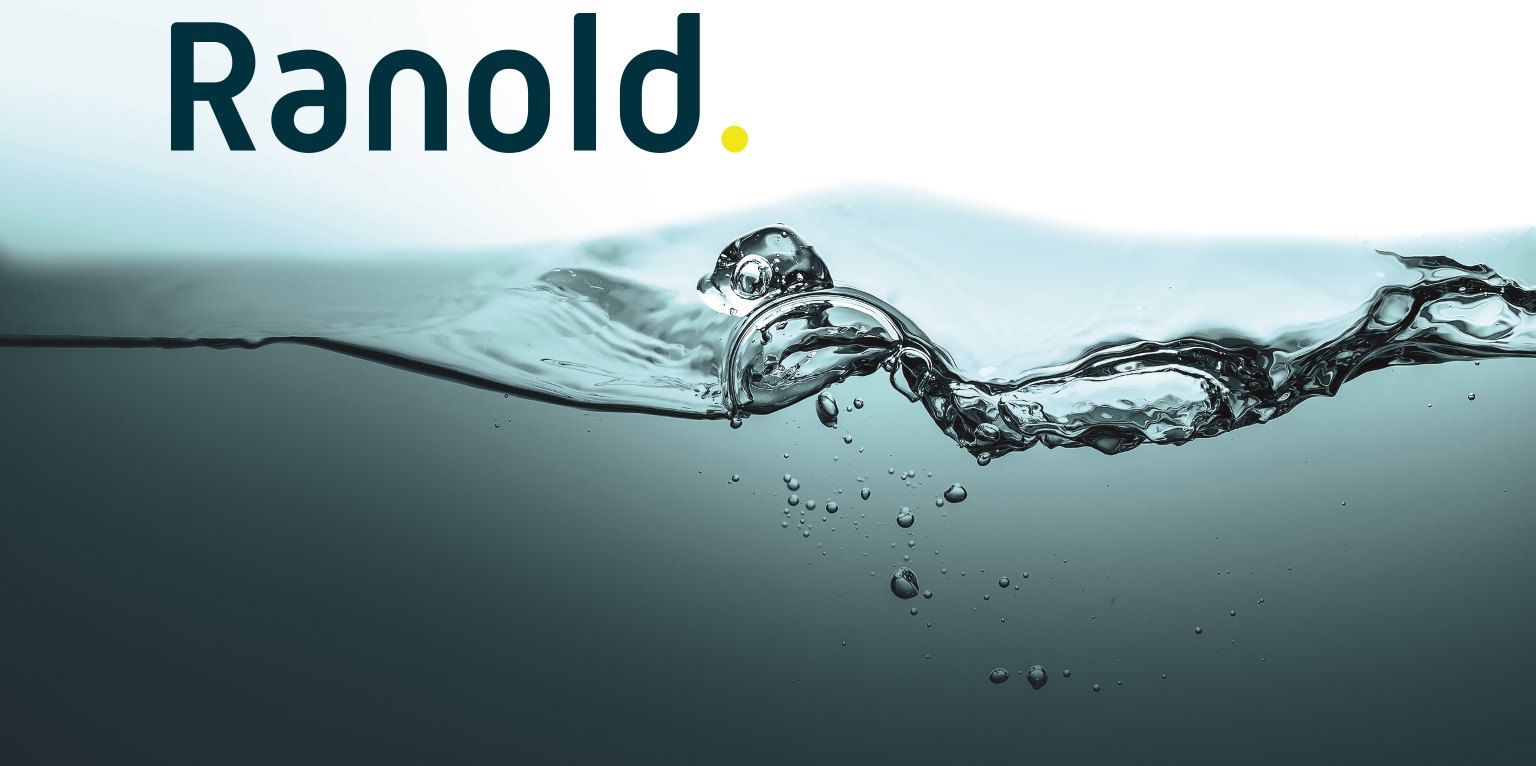The CETPartnership is an initiative co-funded by the European Union that brings together public and private stakeholders in the research and innovation ecosystems, from European and non-European countries and regions. CETPartnership aims to create and foster transnational innovation ecosystems. The CETPartnership aims to empower the clean energy transition and contribute to EU’s goal of becoming the first climate-neutral continent by 2050, by pooling national and regional RDTI funding for a broad variety of technologies and system solutions required to make the transition.
The MORE project is an innovative initiative aimed at creating a new robust methodology with improved tools for material selection and validation and announces its groundbreaking approach to harmonize testing procedures. This methodology is capable of generating the next generation of materials for Offshore Renewable Energy (ORE) devices, overcoming the present energy and environmental challenges. MORE is a 3-year project bringing together a strong value chain from four European countries (Sweden, Norway, Denmark, and Italy) including research and innovation partners, technology developers, and actors in supply chain and validation.
The project’s methodology will consider tribocorrosion (wear accelerated by corrosion) and multi-degradation (tribocorrosion accelerated by fatigue), degradation mechanisms highly affecting the field. This brand-new material selection methodology for the renewable energy sector is a significant improvement over the current incomplete conventional material selection and validation process.
MORE’s methodology incorporates the functionality of small-scale testing, up to scaled-up devices. This approach is expected to contribute significantly to directly solving the ORE sector’s challenges, making a step change improvement in the reliability, performance, lifetime predictability, and longevity of their equipment.
“GCE NODE strategy clearly states that we shall contribute to research, development and innovation projects supporting and encourage the cluster companies and offshore industry to increase their RD&I activities, mainly towards the green shift. The MORE project will ensure valuable technology transfer from O&G providing the much-needed tools for the successful roll out of ORE technologies. One of the key elements is to utilize results from the previous NODE ART project to further develop efficient tribo-corrosion/multi-degradation qualification testing and validation methods for the development of next generation materials; ensuring robust and cost-effective material selections of wear and corrosion resistant coatings for the wave and offshore wind energy,” says Christian von der Ohe, RD&I Manager at GCE NODE.
“Durability of the materials used for offshore renewable energy devices is crucial for a successful transition to a sustainable society. Developing and implementing validation of materials in the harsh offshore environment which takes into account synergy effects of multiple degradation loads, will enable the sector to move quicker and with better confidence utilizing novel materials. The international MORE project will provide this methodology and common material selection procedure increasing the circularity and sustainability of, not only the ORE sector but society as a whole,” says Olivier Rod, Vice President Material & Production at RISE.
“The MORE project will boost developments for sustainable wave energy harvesting, as this key knowledge about complex multi-degradation mechanisms will be gained and utilised. Limits seen in lifetime of critical components today will be pushed forward. Thus, the technologies developed on results of the project MORE will accelerate the pace of the green shift,” says Sergio Armada, Senior Researcher at SINTEF.
